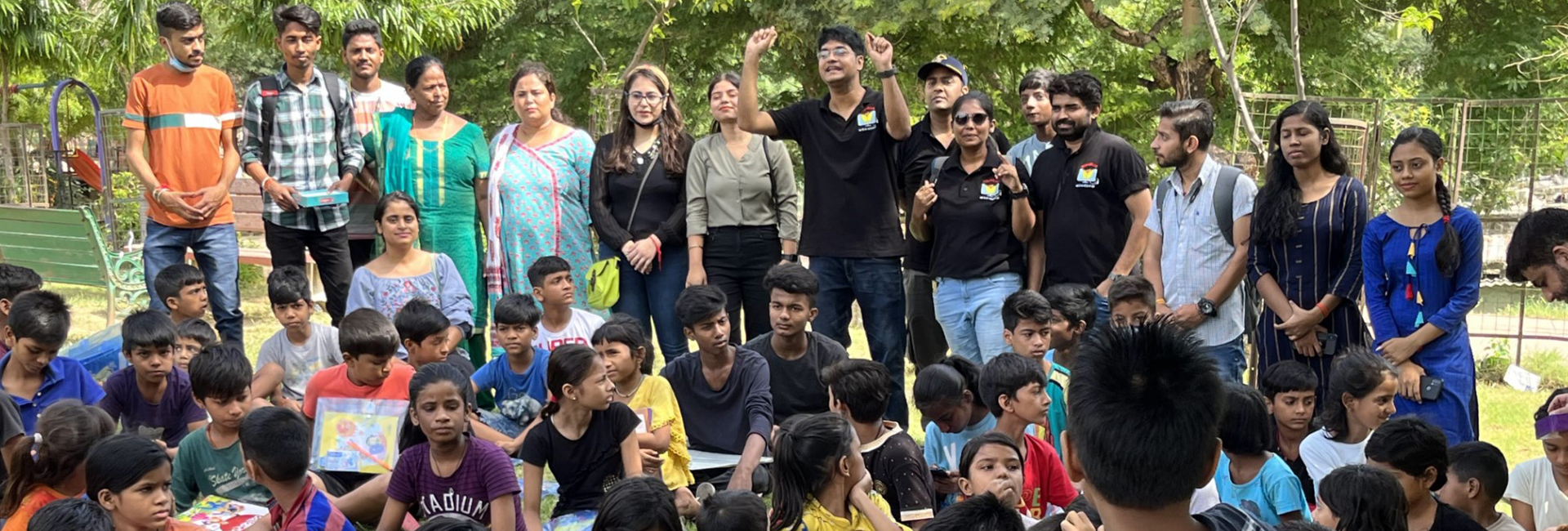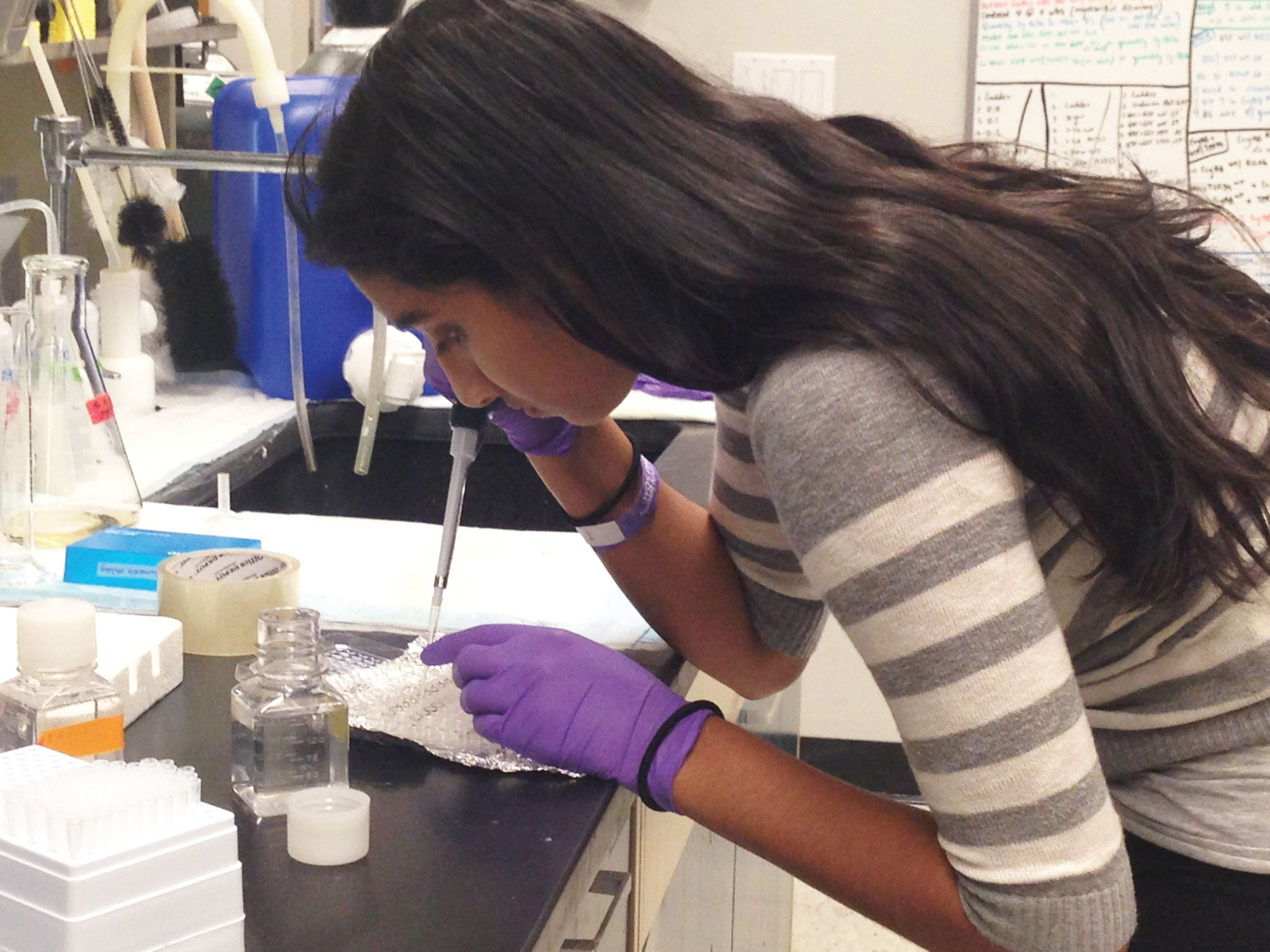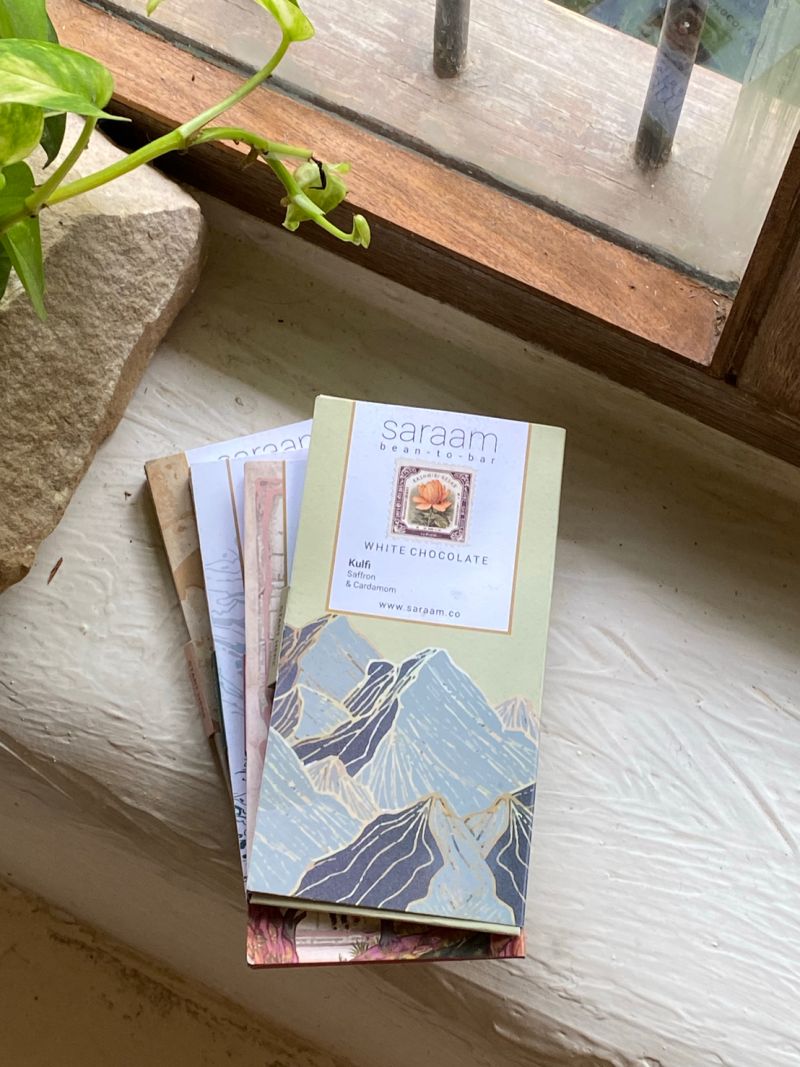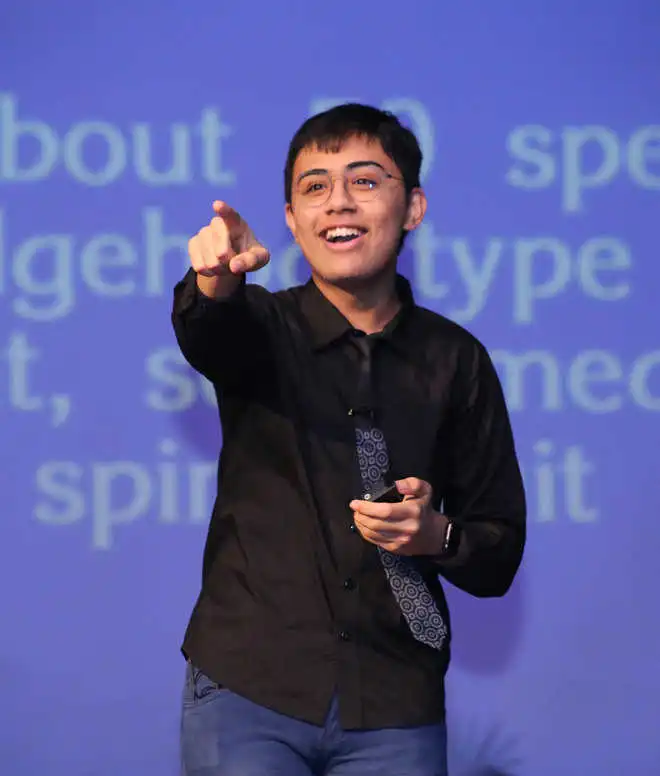(May 31, 2023) Japan’s Ministry of Education, Culture, Sports, Science, and Technology (MEXT) conducts Japanese Language Proficiency Test (JLPT) within Japan as well as in select countries outside the country to evaluate and certify language proficiency for non-native speakers. Brajraj, a native of Bodh Gaya in Bihar, with no exposure to the language and lack of training facilities in the small town was able to clear the foundation level of JLPT assessment. He attributes his success to Puraskaar’s initiative – to make knowledge accessible free of cost in far flung areas.
Just like him, Pammy too tasted success. She was able to crack the JNU entrance test crediting her feat to Puraskaar. Like Brajraj and Pammy, there are 1500 learners across India who are registered with the NCR based non-profit which is helping them fulfill their life goals.
“I can proudly say that the volunteers, who devote their time to Puraskaar’s initiatives helping learners in diverse subjects, are the reason behind the non-profit’s exponential growth,” remarks its founder Gautam Kumar in an interview with Global Indian.

Gautam Kumar, founder, Puraskaar
The 150 volunteers, who teach at Puraskaar, are students of top Indian academic institutions including the IIMs, DU, JNU, Amity, and Punjab University as well as senior professionals working in MNCs and also homemakers wanting to do their bit for the society. Together they impart education in close to 25 subjects which are both academic as well as non-academic in nature.
How is Puraskaar helping
Puraskaar provides free coaching facilities in a wide array of subjects starting with science and math to painting, yoga, dance, music and more. Regular interactive sessions and group discussions, career counseling, motivational webinars, quizzes and personality development sessions are also organised.
Since Gautam holds a five-year integrated degree from JNU in Japanese, he takes care of the foreign languages department of the non-profit. “Today we are imparting training in seven languages – Spanish, French, German, Chinese, Korean and English,” he says.
“I believe that learning a foreign language makes students more confident in life. Learners from financially-weaker sections especially love the concept because they cannot afford learning such languages like students studying in private schools.”
Though the main focus is on providing support to the underprivileged, in the peer learning model of Puraskaar anyone who wants to be associated with the non-profit is welcomed. “Learners of Puraskaar are as young as primary school kids to as old as fifty-year-olds,” reveals Gautam. While 80 volunteers teach academic subjects, 70 are engaged in imparting knowledge in non-academic subjects.


Gautam celebrating his birthday with underprivileged children at DLF mall, Vasant Kunj, New Delhi
The classes are held mostly in the evenings and the volunteers are more like mentors. “They teach just like any ‘bhaiya’ or a ‘didi’ would teach in a home environment.” Though the classes are largely conducted online, offline classes have been started in some places in Delhi and Patna’s slum areas. “The volunteers of Puraskaar are a wonderful set of people who use novel techniques to keep learners’ interests intact. Perhaps this is the reason why an initiative that was taken during the pandemic is still in momentum,” says the founder for whom Puraskaar is a ‘dream project’.
The non-profit also dedicates a campaign every month to topics like women and hygiene to spread awareness in society on vital issues.
How did it start…
After passing out of JNU, Gautam worked in one of the corporate houses as a translator and then switched to teaching optional Japanese language courses in institutions like Amity University Gurgaon and Manav Rachna University. When the pandemic struck, seeing him teach online, his maid requested him to teach her kids as well.
One of her children was in class nine while the other studied in class eleven. Her request gave Gautam an impetus to turn online teaching into a social work project, involving his students. Together they decided to teach a group of underprivileged children instead of just the maid’s kids.
Over the course of time, LinkedIn and WhatsApp played a crucial role in spreading awareness about their initiative, attracting both learners and volunteer teachers. Later, Gautam and his team formally registered Puraskaar as a non-profit organisation.
“The designation of the ‘founder’ is just for the namesake. My core team members who have been there with Puraskaar since the beginning have played an equal role in making the initiative reach where it is today,” remarks Gautam who received Indian Achievers’ Forum’s Shiksha Bharthi Award for the year 2021-2022. “Starting with a handful of students and four volunteers the exponential growth in the number of learners and volunteers is all thanks to them,” he adds. “It’s a collaborative effort.”
Love for Japanese
Growing up in Bihar, Gautam was fascinated by the story of a cousin’s friend who had studied Japanese and was earning well after completing his studies. Inspired, he too dreamt of studying Japanese to afford a comfortable life. After passing out of school, much to his happiness, he was able to crack JNU’s entrance exam for a five-year integrated course.
Gautam still considers himself a learner who is picking up nuances of Japanese culture through its language. “It’s a lifelong process,” tells the Puraskaar founder who is nurturing his next dream – to present Puraskaar’s initiatives at the august platform of UNESCO someday. As far as earning a living is concerned, Gautam is now into interpretation and consultancy.

















Great going Gautam…
This is just the beginning
Puraskaar will grow till eternity…